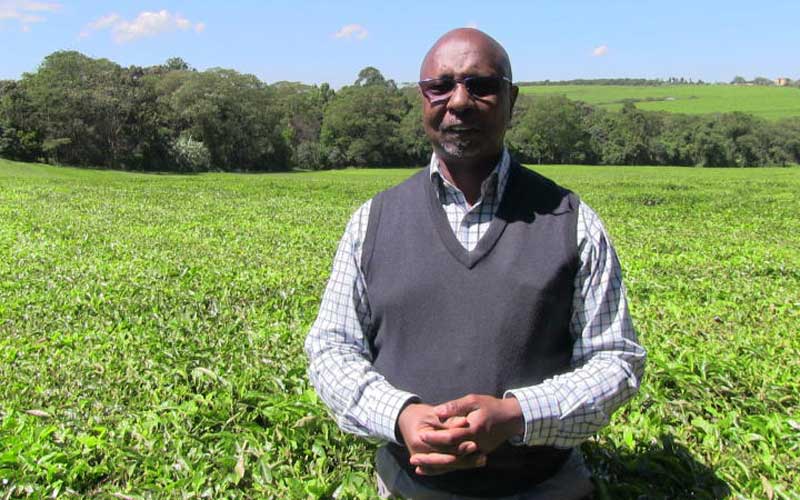×
The Standard e-Paper
Smart Minds Choose Us

A tea farmers lobby has blamed the current model of the sector's management for all woes the once-thriving industry is facing.
Kenya Tea Growers Association (KTGA) said the Government is relying on a model now driving many would-be flourishing farmers to misery.